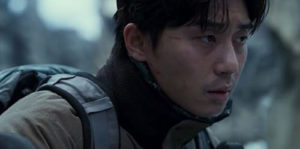
With Concrete Utopia, director Eom Tae-hwa has found himself a victim of ambition. The film has many narrative threads, all interweaving, all highly symbolic. But while the screenplay by Tae-hwa and Lee Shin-ji is engaging and the acting is excellent, the action-adventure-drama is so preoccupied with its many ideas that it can’t fashion a satisfying conclusion.
Among the residents of the Hwang Gung Apartments are a young married couple, Min-seong (Park Seo-joon) and Myeong-hwa (Park Bo-young). After a freak earthquake levels the Korean metropolis of Seoul, Hawng Gung’s inhabitants soon realize they reside in the only standing building left. As tensions rise due to overpopulation, the apartment residents elect the mysterious but capable Young-tak (Lee Byung-hun) to act as their delegate and leader.
Foremost, the core suite of actors all deliver genuinely powerful performances throughout Concrete Utopia. Smartly, Tae-hwa uses the acting to drive the pace. Park Seo-joon and Park Bo-young are a believably conflicted young couple whose composure quietly fractures under the weight of social duty. Lee Byung-hun, as Young-tak, supplies a resounding portrayal of a man both fiendishly and necessarily dispassionate in the wake of chaos.
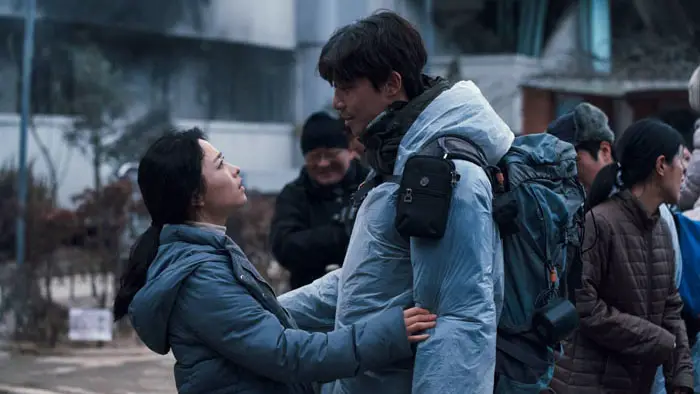
“…Hawng Gung’s inhabitants soon realize they reside in the only standing building left.”
The movie also has a notably eccentric vein. The motion picture crosses many cinematic genres, often switching freely between them. There are moments of humor, suspense, and sentimentality. There’s also a delectably wry slice of self-satire. And yet, somewhat miraculously, these aspects don’t seem to compete but instead work together.
But Tae-hwa’s most outstanding achievement is how well layered, narratively and symbolically, Concrete Utopia is. The characters find themselves in carefully orchestrated situations that reflect Korean society at large as well as highlight specific human dynamics. The genre hybrid intertwines several thematic story threads to create a narrative that unfolds both organically and compellingly.
However, the integral fault of the movie lies not in the quality of these thematic strands but in their abundance. While Tae-haw and Shin-ji thoughtfully offer many ideas, they never come together to create a unified and substantive conclusion. The structure of the script seems to build toward and, in fact, cries out for narrative finality, but it never comes. All that is offered is an oddly generic non-ending. Furthermore, many of the plot turns are conveyed as deeply Korean in context. Some of the topics considered, including tribalism, poverty, and scarcity, all exist in a strange sort of cultural vacuum. The viewer can understand it, but they never truly feel it the way the main characters do.
Without a focal idea to build toward, Concrete Utopia is more of a cinematic experiment than a film. The filmmakers certainly weigh many heavy topics with skillful immediacy. Unfortunately, he never renders a judgment on those ideas. Without that judgment — that moment of insight — the viewer is left to wonder what the value of such an experiment is. Ultimately, while this is skillfully made in all of its technical aspects, it stands as a missed opportunity for someone of Eom Tae-haw’s talent.
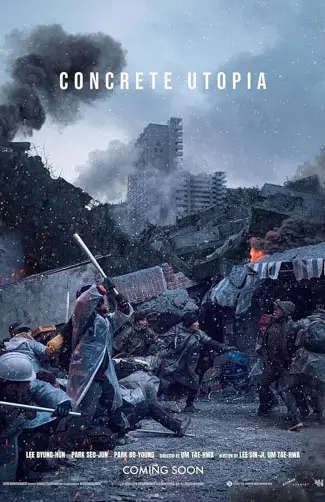
"…weigh[s] many heavy topics with skillful immediacy."
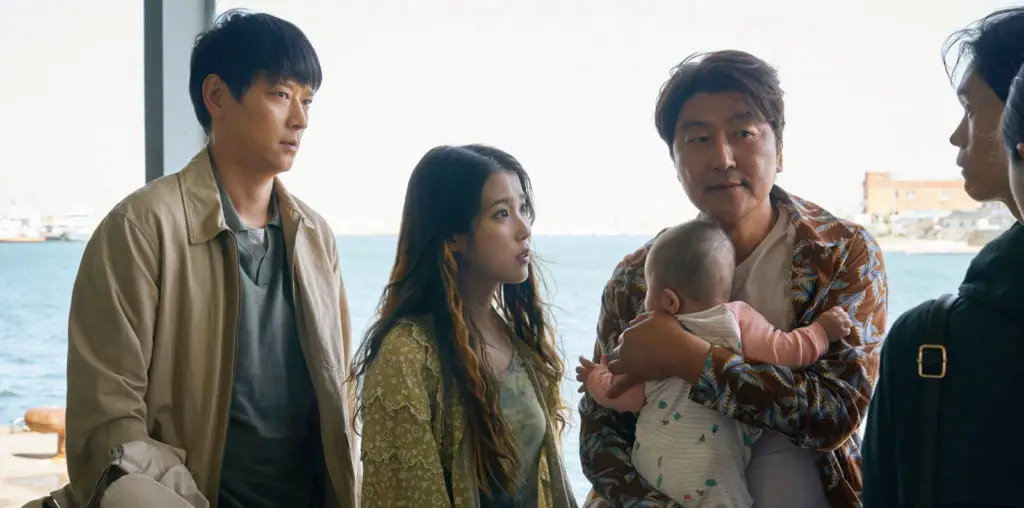
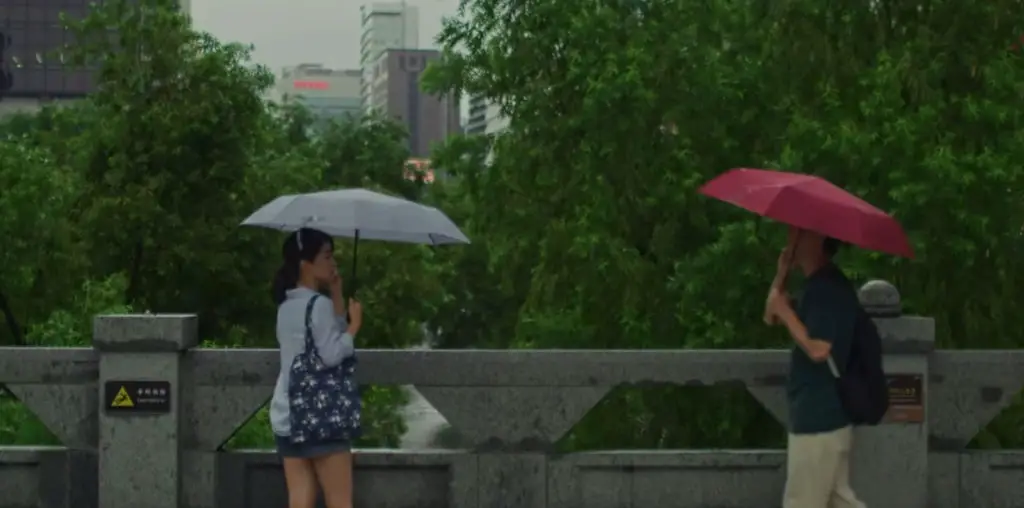
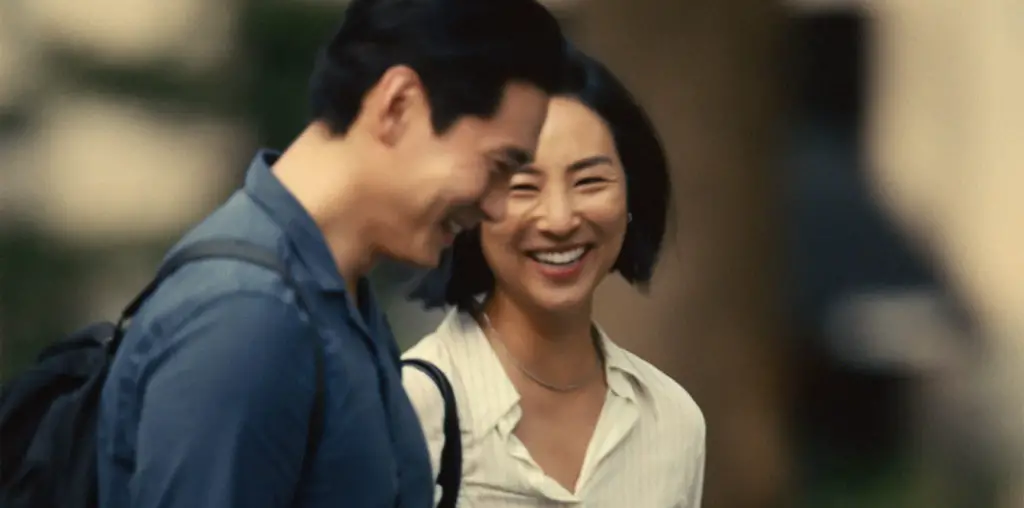
… [Trackback]
[…] There you will find 41223 more Infos: filmthreat.com/reviews/concrete-utopia/ […]